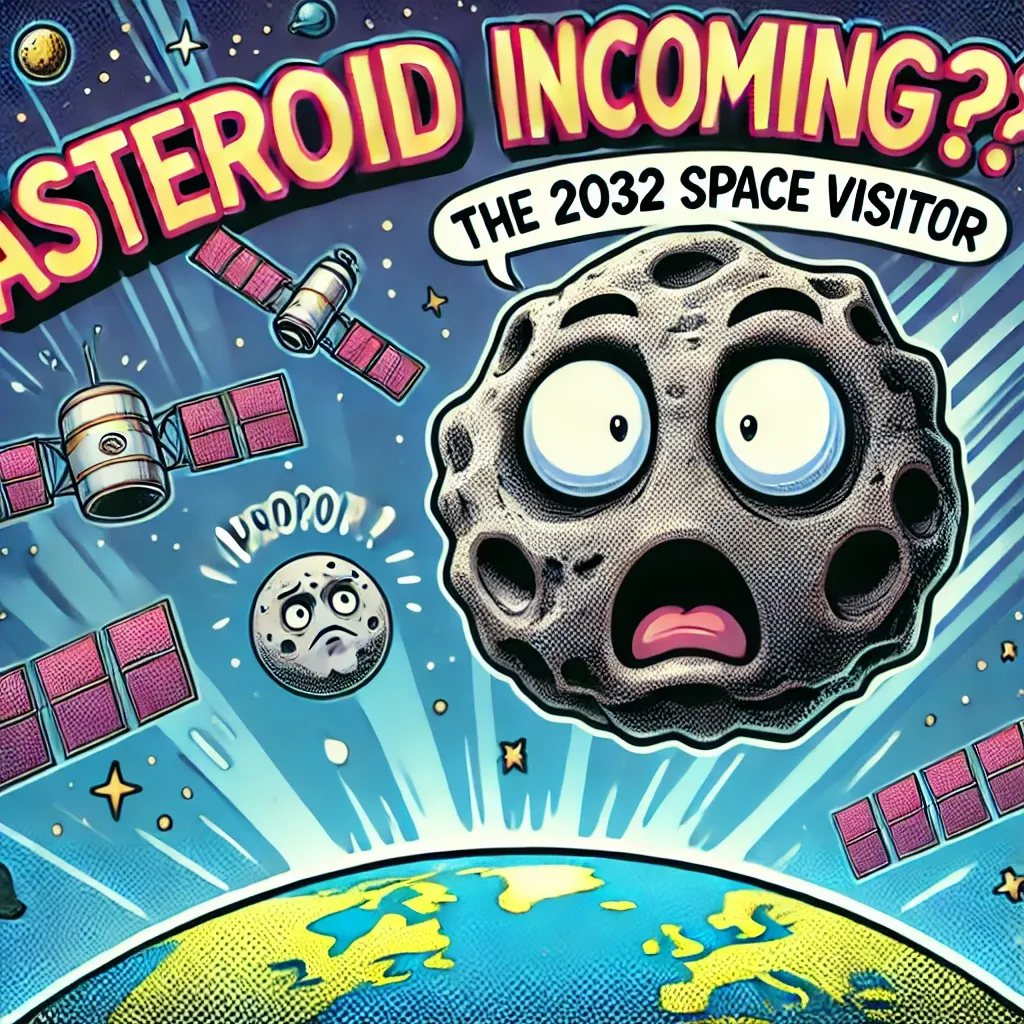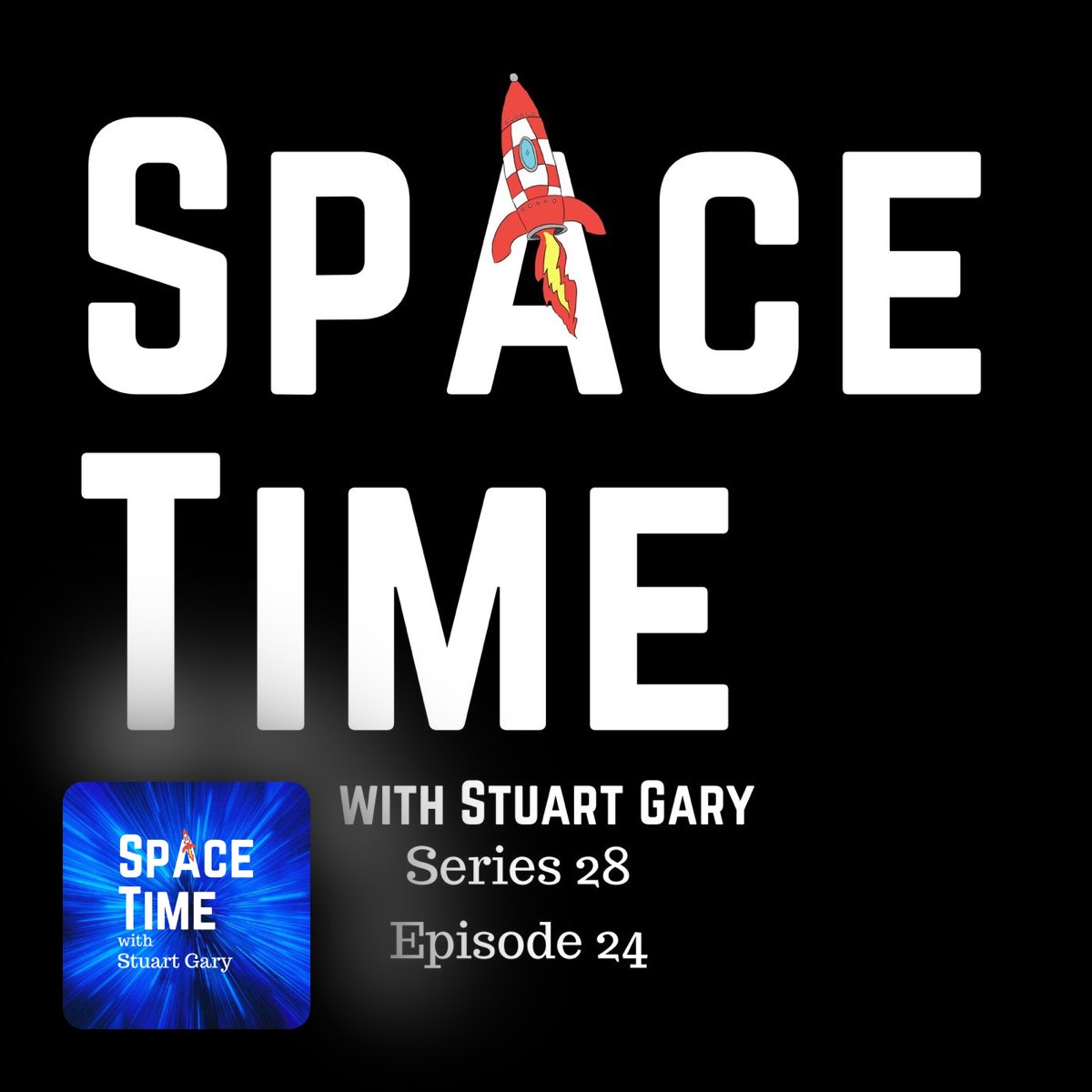🪐 Asteroid Incoming?! The 2032 Space Visitor

Natural Sciences | The Varrock Street Journal
Good day, readers!
Today we dive into something that feels straight out of a sci-fi movie — an actual asteroid, named 2024 YR4, is heading our way, and scientists are paying close attention to its trajectory. While the risk of impact is still very low, it has reignited global conversations about how we monitor space threats and prepare for cosmic surprises.
So buckle up — we're heading into orbit on this one!

🧠 What’s Happening?
Discovered in December 2024, asteroid 2024 YR4 has been the subject of intense observation. It’s estimated to be 40–100 meters wide, moving at over 30,000 mph, and has a 1.6% to 3.1% chance of hitting Earth on December 22, 2032. While that number may seem small, it's enough to place it on NASA’s watchlist for “potentially hazardous” near-Earth objects.
Scientists are still gathering data to refine predictions, but if it were to hit, the consequences could be significant — especially if it strikes a populated area or an ocean.

🕰️ A Brief History of Asteroid Impacts
Let’s not forget — asteroids have changed Earth before:
- 🌍 Chicxulub (66 million years ago) — Wiped out the dinosaurs. Enough said.
- 🌲 Tunguska (1908) — Leveled over 800 square miles of Siberian forest.
- 💥 Chelyabinsk (2013) — A 20-meter asteroid exploded in the air, injuring over 1,500 people from the shockwave.
These events prove that even relatively small space rocks can make a big mess here on Earth.
🧬 Why This Matters
Understanding asteroid threats isn’t just cool space science — it’s critical for planetary defense:
- 🌐 Governments and agencies like NASA, ESA, and China’s CNSA are ramping up efforts to track and potentially deflect future impactors.
- 🛰️ NASA’s DART mission (Double Asteroid Redirection Test) proved we can nudge asteroids off course — a major milestone in impact prevention.
- 🧠 The psychological and global preparedness side of this issue is just as important: panic, misinformation, and lack of coordination could do more harm than the asteroid itself.
🚀 Spotlight on the Future
The 2032 asteroid scare is pushing researchers to:
- Develop more advanced asteroid tracking systems.
- Fund planetary defense programs (yes, real-life asteroid wranglers).
- Improve global coordination for emergencies, including space-based threats.
Even if 2024 YR4 turns out to be harmless, the next one might not be. And when it comes to Earth vs. Space, we don’t get a redo.
😲 Did You Know?
- NASA tracks over 31,000 near-Earth asteroids!
- An asteroid only 140 meters wide could release the energy of several nuclear bombs if it hit Earth.
- The word "asteroid" literally means “star-like”, because early astronomers saw them as twinkling points of light — not death rocks from space.
🧠 Reflection Questions
- Should governments invest more in planetary defense, or is it overhyped?
- What’s the ethical approach to asteroid redirection if one threatens a specific region of Earth?
- How would global media and public response impact our handling of a true impact event?

Want to hear more? Check out this podcast talking about it!
🎯 Final Thoughts
While there’s no need to panic, knowledge is power. Understanding asteroid threats and how science is preparing to deal with them reminds us that Earth is part of a much bigger cosmic system. And just like in sci-fi, it’s science — not panic — that will save the day.
📲 Stay connected for more cosmic conversations:
- Instagram: @thevarrockstreetjournal
- TikTok: @varrock.street.jo
📚 Sources (APA format)
American Museum of Natural History. (n.d.). Asteroid impacts and Earth’s history. https://www.amnh.org
National Aeronautics and Space Administration (NASA). (2025, February). Near-Earth Object Studies. https://cneos.jpl.nasa.gov/
ScienceAlert. (2025, February 18). Odds of city-killer asteroid impact in 2032 now even higher, says NASA. https://www.sciencealert.com
Phys.org. (2025). NASA tracks asteroid with small chance of 2032 Earth collision. https://phys.org
The Guardian. (2025, February 14). China opens recruitment for planetary defence force amid fears of asteroid hitting Earth. https://www.theguardian.com

